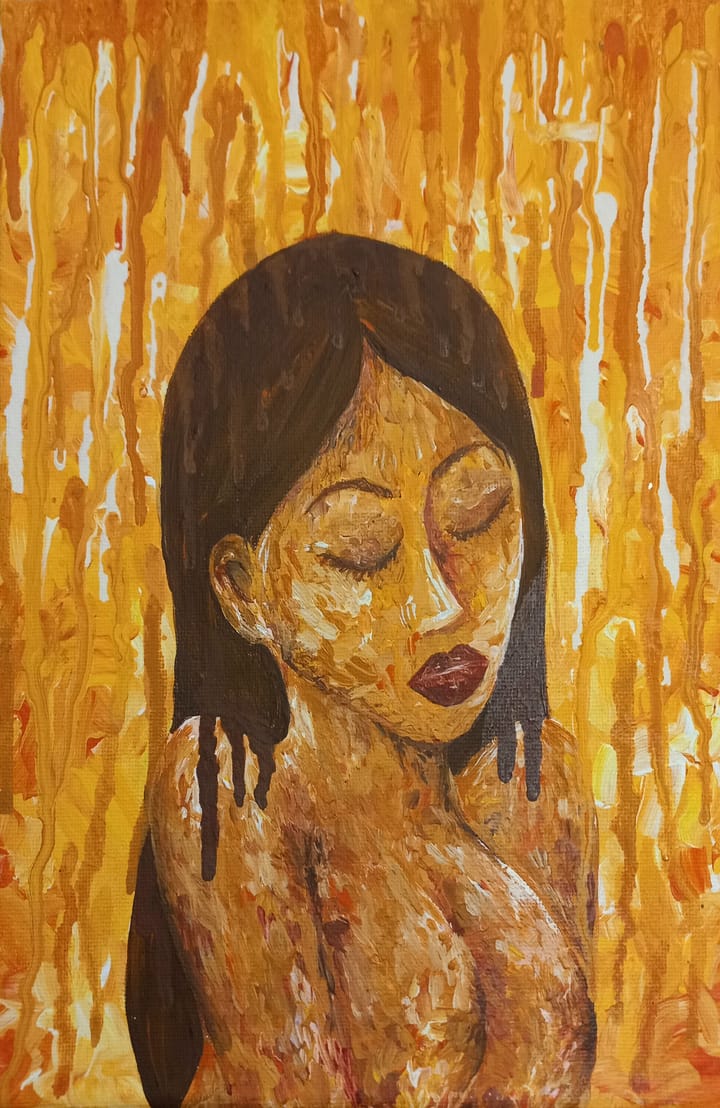Master of Her Domain, Queen of Her Heart
Majesty does not even begin to capture the poignancy and exhilarating splendor that “Beasts of the Southern Wild” radiates in its narrative. Exquisiteness often belies timidity and risk-averse strategies, but even with its gritty background the film nevertheless manages to both feed your curiosity for an intriguing story and appeals to your sentimental side. Awe-inspiringly constructed, it possesses a rare magic that dials up your attention — not because missing any detail will keep you from understanding what is going on, but because the film is such a gem of cinematic art that you will not be able to let any moment slip by.
Brush aside my cinephilic fervor as you please, but “Beasts of the Southern Wild” is a must-see. Newcomer Quvenzhané Wallis plays Hushpuppy, the six-year-old protagonist who lives in a Louisianan bayou community with her mercurial, tempestuous father Wink (Dwight Henry). Marked with a rhythm of professed love and acrid conflicts, their relationship faces new challenges as a rainstorm floods the bayou and leaves the houses underwater. As the villagers set off to survive and rebuild their homeland, Hushpuppy is put to a test of maturity as her father’s health deteriorates and her imagination of awakened aurochs, the ancient beasts from local folklore, seeps into reality. Cautiously sprinkled with segments of Hushpuppy’s visions, the film squarely follows chronology, but what elevates the film from a docudrama under post-Hurricane Katrina shadows is its sincerity and bravery.
Sincerity, for the story packs in so much heart: in sharp contrast with melodramatic formulae, in which banality triumphs over honesty, the film ambitiously forgoes both stereotypical Southern vernacular and clichéd to-and-fro, relying instead on the sole virtue of its dialogue. Such simplicity and focus is a rare feat: even at Sundance Film Festival, where the film premiered to a landslide of praise, it is not uncommon that an overemphasis of being “brutally honest” detracts films from establishing a sinewy connection with reality. “Beasts of the Southern Wild” makes no such claims, but it presents a genuine world that speaks far louder.
Bravery, for the film weaves in many facets of humanity and sociopolitical conditions without brandishing any. Race, authority, feminism, masculinity, collective identity, fantasy, inequality and pride all sneak in their signatures throughout the film, but when Hushpuppy flings two sticks of fireworks at her flanks through the fields or when she scowls down the beasts, no two themes shine as much as hope and imagination. Even at that moment the film modestly shuns away from overt cheers or cozy colors, apart from a few seconds of revelry. A precious achievement, “Beasts of the Southern Wild” does not flaunt its depth, or even makes all its commentaries salient. There is no need to — beneath its unassuming veneer is a bold core, which alone gives the film the audacity to shake off any decorations of grandeur, leaving bare its words and images.
Hitting those marks is already quite a respectable success, but “Beasts of the Southern Wild” goes up and beyond. Its simple account, humble setting and calm style all ground it so that its actors’ bombastic performances can shine. And shine they do: Wallis and Henry, both bursting into the scene with zero productions under their belts, deliver stunning, seasoned portrayals that should shame half of the A-list stars in Hollywood. Henry’s case study of a father whose love for his child battles hard with his maniac episodes and physical instability is at once heart-rending and provocative, but especially impressive is his full embodiment of character: the gaze he casts upon Hushpuppy as he watches her shoot fireworks up to the sky burns with so much guilt, understanding, humor and wistfulness that it deserves its own movie.
It is therefore almost unimaginable that Henry could be overshadowed, but Wallis does just that. Her overwhelming command of the camera astonishes just as much as the raw talent and amazing range of emotions she unleashes. Fueled with anger, joy, sadness and resoluteness, her glorious moments abound: whether screaming for victory to assert her independence after cracking a crab with bare hands (again, she is six) or staring down a neighbor who tries to stop her father’s scheme of exploding the levee to drain the flood, Hushpuppy is an unlikely but appropriate American dreamer: aspiring, passionate and most importantly, celebratory of her freedom and sparing no effort in living her life to the fullest. To a certain extent, she is the real beast of the Southern wild: unruly, untamed and unafraid.
Yet one piece is missing. Hushpuppy has to grow up the tough way, witnessing the government’s intrusion in an apparent effort to help and evacuate, wading through the troubled waters of self-realization and other sides of the big world, and finding solace as she learns from her ailing father tricks to precociously become “the man.” Leaving hints of libertarianism and social inequality behind us, we realize that she at some point will have to confront the fact that her innocence is weighing her down — an irony in itself. This prospect is about as bleak as the wallpapers of the temporary clinic her community members are forced into.
That future can wait. For now, “Beasts of the Southern Wild” provides a mesmerizing charm. Even with a choppy coda that slips for a few moments into theatricality, the film finishes on a high note, metaphorically and literally. With a mind-blowing soundtrack to add to its to-taut list, this could be one of the best 92 minutes you have spent in theater this year.





Comments ()